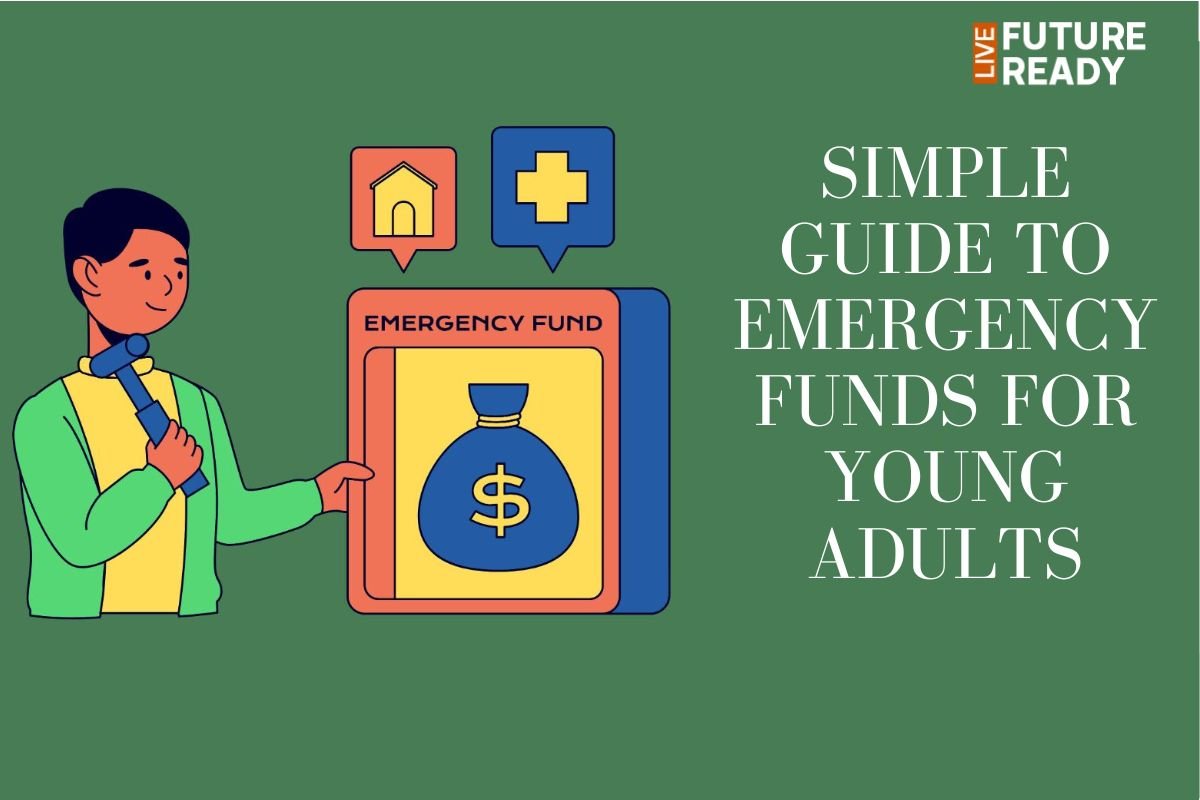If you’ve ever felt like your entire future depends on one exam, you’re not alone. For students across the world, exams trigger anxiety, pressure, and even fear. It often feels like everything is riding on that one test paper.
But why exactly do exams feel so overwhelming? Is it really the end of the world if you don’t do well? Let’s break it down—and explore how you can handle exam stress with confidence and clarity.
1. You’ve Been Trained to Think Exams Define Your Worth
From a young age, students are told:
- “Your marks decide your future”
- “Get 90% or you’re a failure”
- “You must crack this or you’re done”
This pressure builds up over time. So, when exam time arrives, your brain goes into survival mode, thinking this is your one shot at success.
But in reality, your future depends on skills, consistency, and mindset—not just scores.
2. The Countdown Creates Panic
Exams come with deadlines, timetables, and ticking clocks. When you feel the time running out, the pressure increases.
- Last-minute revisions
- Unfinished chapters
- Fear of forgetting everything during the paper
These time-bound factors can make even calm students feel like they’re running out of time—raising anxiety levels.
3. Fear of Failure & Judgment
It’s not just about the paper—it’s about:
- What will my parents think?
- Will my friends do better than me?
- What if I let everyone down?
This fear of being judged or compared adds emotional weight to exams, making them feel much bigger than they actually are.
4. Cramming Replaces Understanding
When students rely on cramming instead of deep learning:
- Confidence drops
- Memory fails under pressure
- You feel unprepared even after hours of study
This lack of real connection to the subject makes exams feel like unpredictable monsters.
5. Poor Sleep and Health Habits
Exam time often includes:
- Late-night studying
- Skipping meals or over-snacking
- Reduced physical activity
These habits weaken your body and brain, making it harder to focus, stay calm, or feel confident—turning every exam into an emotional storm.
6. You Think One Exam = Your Entire Life
Let’s bust a myth:
No single exam decides your future. Not NEET, not JEE, not CUET, not board exams.
Yes, they’re important. But you have:
- Multiple attempts
- Multiple paths to success
- A long life where your skills, attitude, and effort matter far more
It’s not the end. It’s just a checkpoint.
How to Make Exams Feel Less Scary
1. Prepare Smart, Not Just Hard
- Break topics into small goals
- Use the Pomodoro technique for better focus
- Revise actively (not passively reading)
2. Practice Mock Tests
- Simulate the exam environment
- Reduce surprise and fear
- Get used to handling pressure
3. Eat Well & Sleep On Time
- 7–8 hours of sleep improves memory
- Avoid junk food and sugar crashes
- Stay hydrated
4. Talk It Out
- Share your worries with parents, friends, or mentors
- You’re not alone—talking reduces anxiety
5. Learn to Accept Imperfection
- No one gets 100% every time
- Learn from mistakes
- Focus on growth, not just results
Remember This
“Exams test your knowledge, not your worth.”
“Failing a test doesn’t mean you’re a failure.”
“You can always come back stronger.”
Also Read :- How to Prepare for CSIR NET 2025 in the Final Weeks
Quick Motivation for Exam Week
- It’s okay to be nervous—just don’t quit.
- Study like you’re capable—because you are.
- One test will never cancel your potential.
Final Takeaway
Exams may feel like the end of the world—but they’re just temporary challenges on a much bigger journey. With the right mindset, habits, and support, you can face them without fear.
Believe in your effort. Trust your process. You’re doing better than you think.
Read more on our website: Future Ready, your go-to platform for the best educational content and latest updates




















